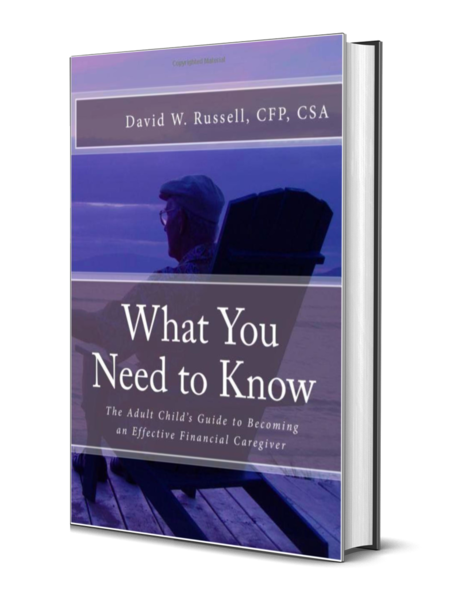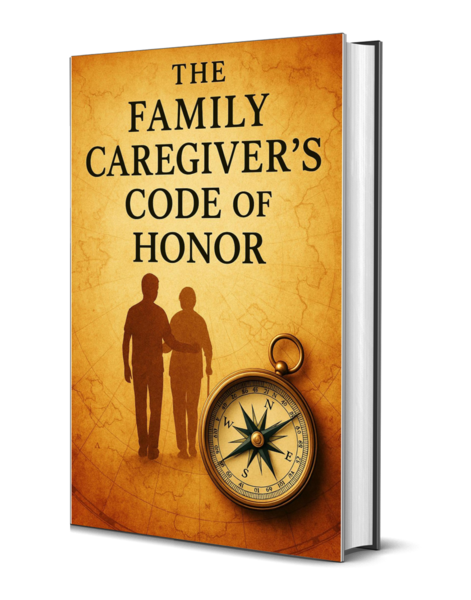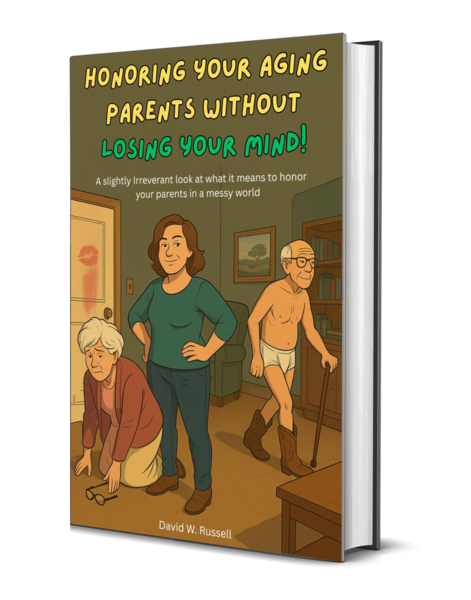What does it really mean to honor your aging parents—especially when caregiving feels overwhelming?
If you’re helping an elderly parent with finances, healthcare, or day-to-day needs, you already know that caregiving isn’t just about tasks. It’s about values. It’s about navigating guilt, boundaries, love, and legacy—all while holding your own life together.
In The Family Caregiver’s Code of Honor, financial eldercare expert David W. Russell offers a powerful and practical guide for adult children caring for aging parents. Rooted in timeless moral principles and informed by faith, culture, and family experience, this book helps caregivers stay grounded in what truly matters.
Inside, you’ll discover:
A 12-part code of honor to guide caregiving decisions
Wisdom drawn from religion, philosophy, and cultural traditions
Real-life examples and practical applications
Tools for defining roles, setting limits, and making ethical choices
Whether you’re just starting the journey or deep in the mess of elder care, this book offers clarity, courage, and a sense of purpose.
Honor your parents. Preserve your sanity. Live with no regrets.
Let’s be honest: caregiving isn’t all scented candles and sacred duty. Sometimes it’s just… exhausting.
If you’ve ever helped your aging parent with finances, medical care, or “what is that smell,” you know that honoring your parents in today’s world is complicated. There’s love, yes. But there’s also guilt, resentment, old wounds, and questionable decisions involving reverse mortgages or expired mayonnaise.
In Honoring Your Parents Without Losing Your Mind, financial eldercare advisor David W. Russell takes a slightly irreverent, deeply human look at what it really means to “honor your father and mother” in the 21st century. Think less sermon, more survival guide—with wisdom, wit, and a healthy dose of dry humor.
Inside, you’ll find:
A 12-part Caregiver’s Code of Honor that’s equal parts moral compass and coping strategy
Real-life stories that are honest, funny, and sometimes painfully familiar
A fresh look at honor through religion, philosophy, and cultural traditions (plus Samurai!)
Encouragement for anyone stuck between doing the right thing… and screaming into a pillow
A family-friendly questionnaire to clarify roles, reduce guilt, and head off chaos
This isn’t your grandma’s caregiving manual. But it is the one Eileen wishes she had when her mom moved in and everything went sideways.
Because honoring your parents doesn’t mean losing your mind—or your sense of humor.



